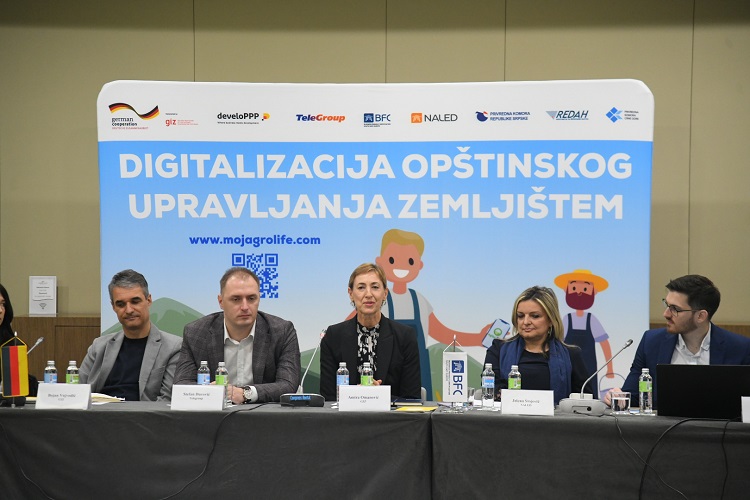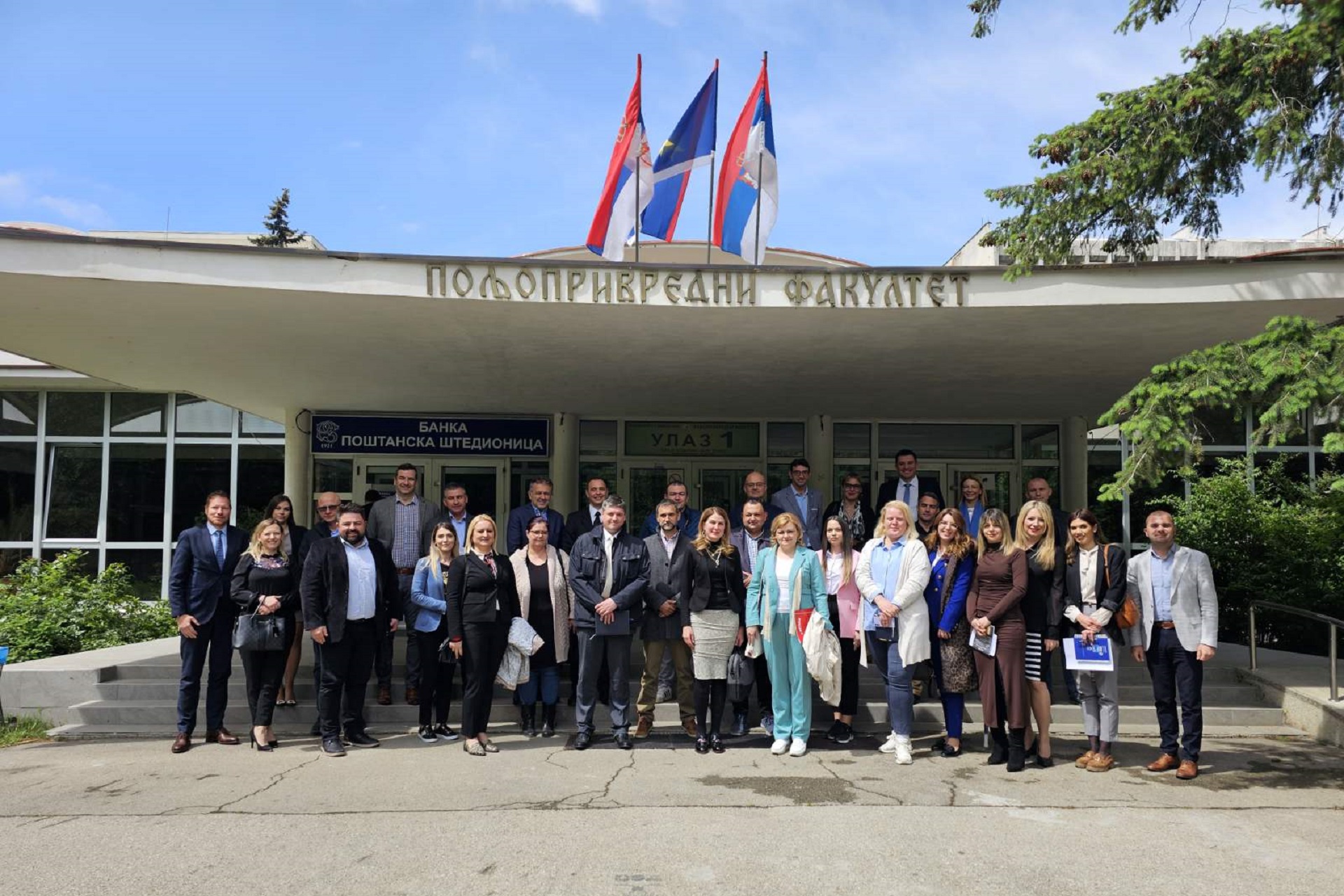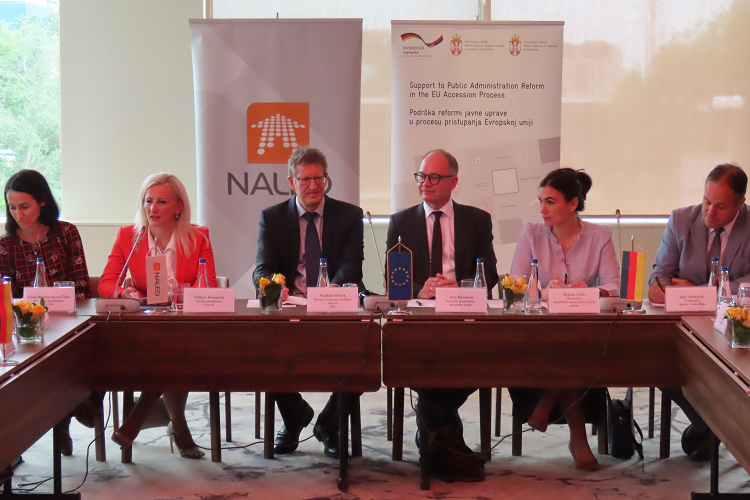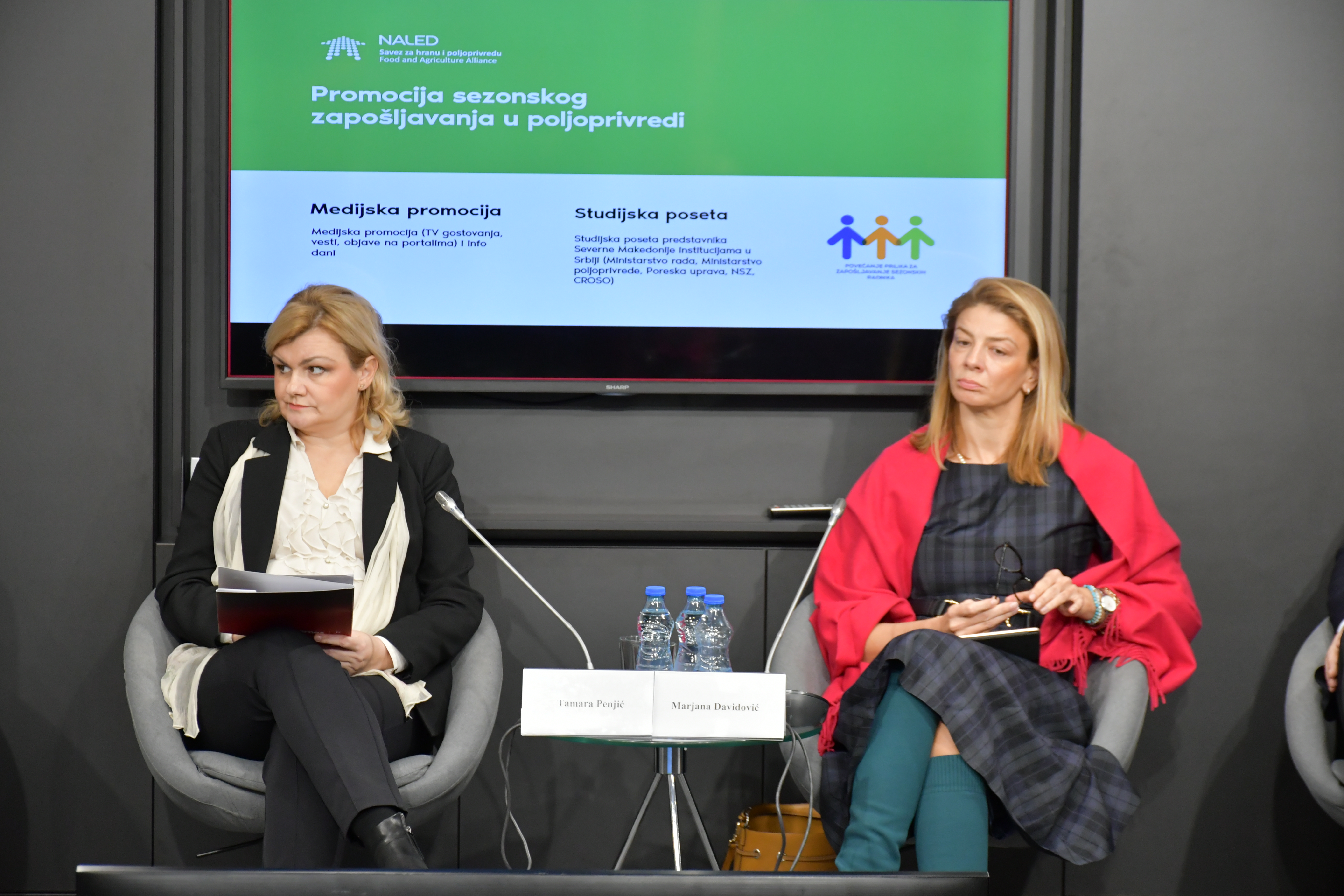Law on official control inspection will ease food export
The law on official controls in the field of food is expected to be adopted next year, in order to introduce more effective control of all participants in the production chain and facilitate exports to foreign markets. Until now, Serbia has not had such a law, and the main goal is to harmonize the monitoring system with European Union regulations and ensure an equal level of food safety. This was announced at the meeting of NALED's Food and Agriculture Alliance, which was held on the occasion of the World Food Day.
Food in Serbia is safe and of high quality, and the percentage of samples that are problematic is extremely low and primarily refers to the wrong declaration of food, said Assistant Minister of Agriculture, Forestry and Water Management Nenad Vujović.
According to United Nations data, one third of the food produced in the world is never used, which is why NALED and its Food and Agriculture Alliance still particularly focus on food waste management, i.e. on how to uses food waste as a resource, bearing in mind the fact that currently more than 99% of organic waste ends up in landfills. One of the recommendations by NALED and other civil society organizations is to take preventive measures, i.e. facilitate the donation of food that is about to expire.
- One of the ways to stimulate companies to donate surplus food is the abolition of VAT on donations, because due to the high costs, they often give up on the action. This is also the practice in the European Union, which we presented to the Ministry of the Environment and the Ministry of Finance. Recently, such a law came into force in Bosnia and Herzegovina, and we hope that our legislation will go in that direction as well. In this way, the food would go to humanitarian purposes, and at the same time we would clean up nature, because it is organic waste that is the main cause of uncontrolled fires in landfills - said Sustainable Development Director in NALED, Slobodan Krstović.
As taxes and excises are the main sources of state financing, it is necessary to first look at the financial effects and whether and to what extent the abolition of VAT on food donations would affect tax revenues. Branislav Raketić, head of the Department for Food Labeling in the relevant Ministry, says that he will monitor the situation.
- Food safety is one of the most extensive legislative frameworks in Chapter 12 of the negotiations with the European Union, and we must pay the most attention to it. There, ten draft laws went to consultations in Brussels, and six are still being prepared. In order to abolish VAT on food donations, we have to carry out all the preparatory actions to see if it is worth it - we have to determine who are the donors, who are the intermediaries, who would be the final recipients, and with such an analysis we can negotiate with the Ministry of Finance and say does it make sense to abolish VAT - concluded Raketić.
An important condition for creating a better environment for the placement of safe food remains the digitalization process, in which new technologies should contribute to the recognition of hazards in each of the stages of food production and the assessment of their harm to health. So far, the new tools have provided more transparent and efficient supervision, through the eInspector and eAgrar platforms, which contribute to more efficient control of agricultural producers and compliance with veterinary, phytosanitary and environmental protection standards.




